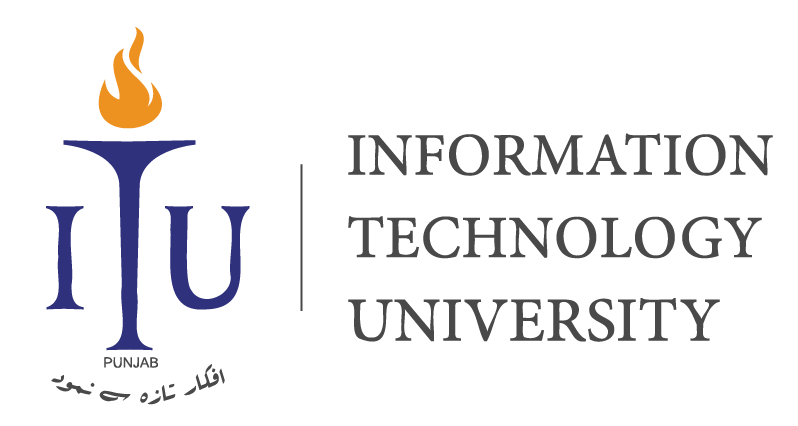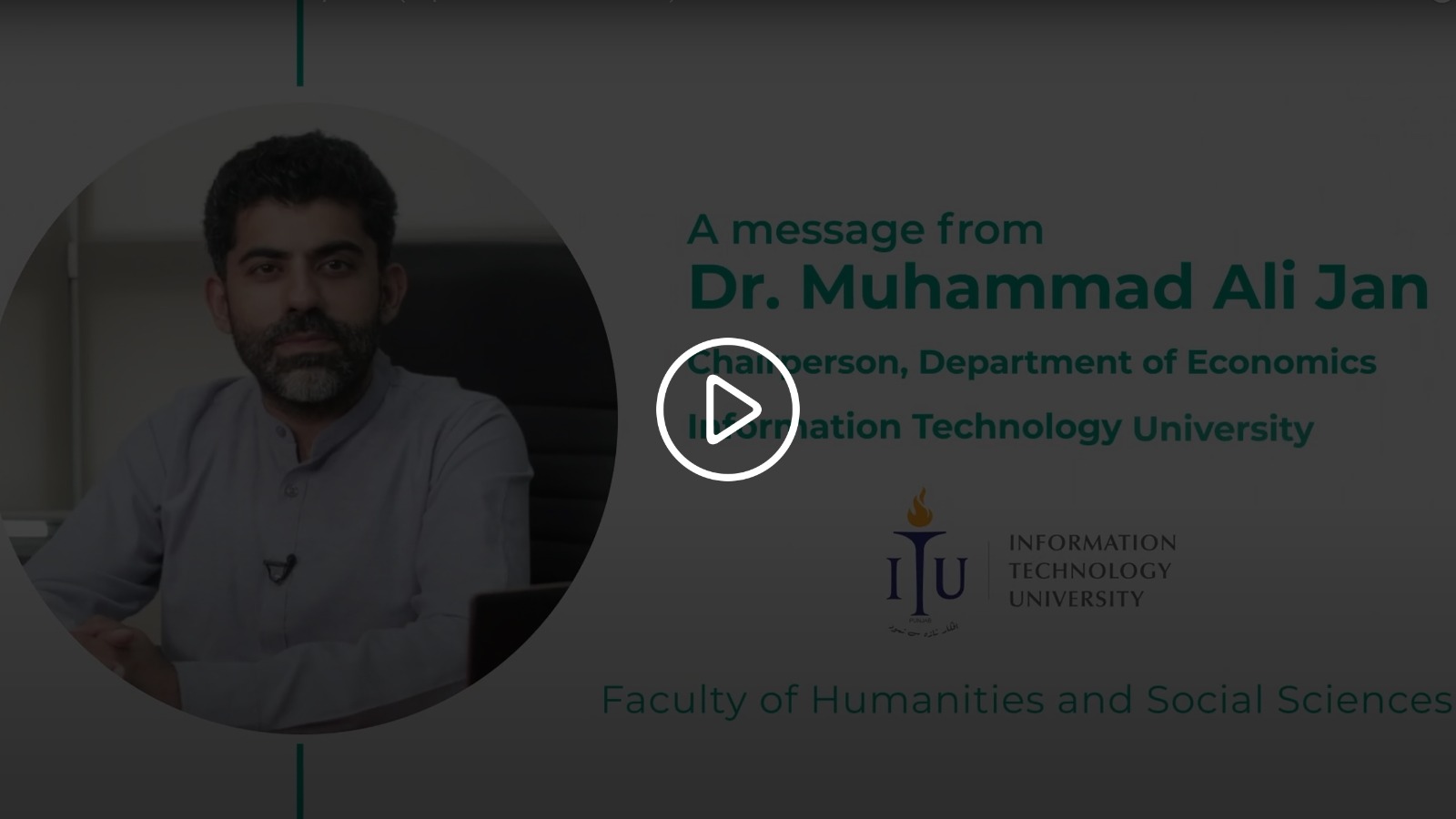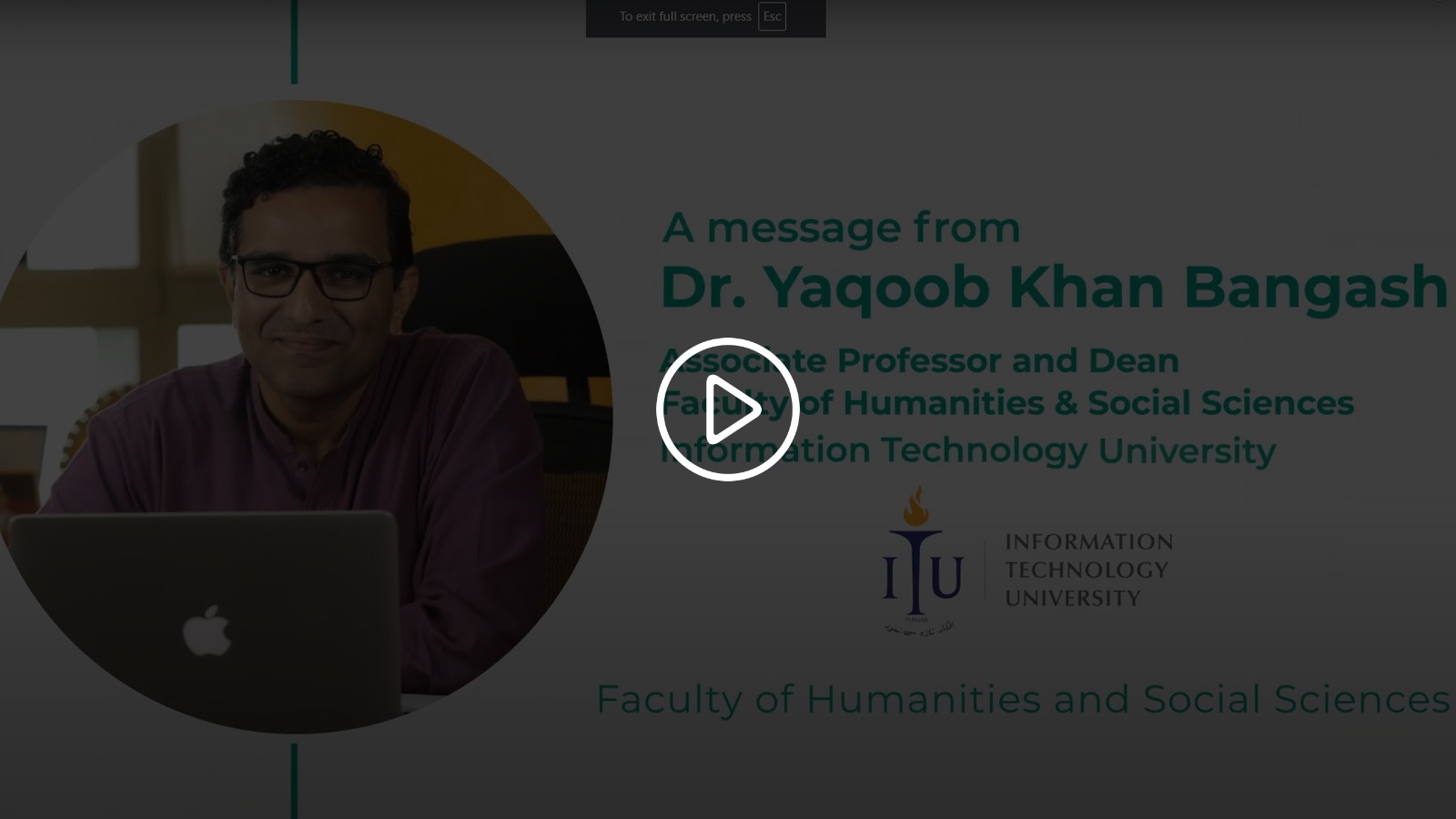What makes this course unique?
The degree offers interdisciplinary studies in development and development policy at the global cutting edge in this field. The courses combine knowledge in the social sciences with mathematical statistics using big data techniques to enable evidence based design of development policy. These studies are placed in the perspective of the philosophical traditions of the East and the West that nurture the consciousness of love and reason to build a more humane and tolerant society.
Why is this course being taught within an interdisciplinary context?
Three key challenges confront scholars as well as policy makers at the global, regional and national levels: The environmental crisis; growing economic and social inequality; and widespread violence. Addressing the environmental crisis requires establishing the institutional and organizational basis of initiating a process of Sustainable Development. This involves devising the concepts, forms of consciousness and policies that embody a sense of responsibility towards the human community. Similarly reducing inequality requires restructuring economic growth, changing the institutional structure, cultural and political processes so as to make them inclusive. Dealing with the problem of violence in the long term, means understanding the political, social, psychological and historical processes that underlie it.
Finally, in understanding these issues and designing public policy to address them requires skills in Information Technology for using big data sets in policy analysis as well as evidence based policy design. Thus there is an increasing awareness that the present historical juncture requires an interdisciplinary understanding of the various dimensions of development within the perspective of a humane sensibility.
While studying Development Studies: Development, Technology and Policy, you will benefit from:
- A world class faculty qualified from leading universities with extensive experience in research and teaching. Our faculty comes from practitioner backgrounds which combines academic analysis and policy expertise.
- Cutting edge research facilities and a unique data set on various aspects of development policy.
- A program of distinguished lecture series, international conferences and seminars, covering a range of issues.
Employment opportunities after graduation
It is expected that students graduating with an MS degree in Development Studies from ITU who are imparted with a holistic understanding of development and training in evidence based policy design will have ample opportunities of employment. Potential employers include the following:
- Government Departments engaged in the formulation and implementation of development policies at the Federal and Provincial levels.
- Non-Governmental Organizations engaged in development initiatives at the local, provincial and national levels.
- Academia and specialized development research institutes.
- Donor Agencies engaged in supporting government development policy making and development practice.
- Private Sector Organizations to whom Donor Agencies outsource development work.
- There is a significant market niche for consultancy firms related with development policy and development action. Graduates of the MS in Development Studies from ITU, in collaboration with their colleagues can start up consultancy firms. These firms could conduct policy research in development and operate development projects outsourced by the government, NGOs and private sector.
Eligibility Criteria
Applicants must fulfill the following criteria in order to be considered for admission into the MSDevS program at ITU:
- Scored 40% marks or above in matriculation, or equivalent examination.
- Scored 40% marks or above in intermediate, or equivalent examination.
- Completion of at least 16 years of education from HEC recognized university
- Scored at least 50% in the annual system, or CGPA of at least 2.0, in the terminal degree
- Scored at least 50% in the ITU Graduate Admissions test and interview
OR
- To be exempted from the ITU Graduate Admissions Test:
GRE General Test conducted by ETS.org, with a score that is at least the 60th percentile in both, the Quantitative and Verbal section. The Analytical Reasoning score should be at least 3.0.
OR
- GAT General with minimum required score 50%
Details*
Knowledge of one or more Social Sciences, Mathematics, or Information Technology will be an advantage
General Notes
Note: Per HEC rules, candidates who have completed 12 years of education and obtained degrees other than Matriculation (SSC) or Intermediate (HSSC) may be required to obtain an equivalence certificate from the Inter Board Committee of Chairman (IBCC), Islamabad.
Admission Test
Applicants can take the ITU Admission Test, GRE, OR GAT for admission to ITU.
The ITU Graduate Admissions Test will be held at the ITU campus in Arfa Software Technology Park in Lahore. A minimum score of 50% is required.
Entry Test Pattern
Sample Test
Applicants who have taken the GRE (through ETS USA) during the last five years, can be exempted from the ITU Graduate Admissions Test. GRE scores must be reported to ITU officially from the testing agency. The institution (DI) code for reporting GRE scores to ITU is 4513.
You must have to upload the result card after declaration of result on ITU admission portal.
Validity: July 2020 – June 2025
| Section | Minimum Score |
| GRE General – Verbal | 60th percentile |
| GRE General – Quantitative | 60th percentile |
| Analytical Reasoning Score | 3.0 |
Applicants who have taken the GAT General during the last two years, can be exempted from the ITU Graduate Admissions Test. A minimum score of 50% is required.
You must have to upload the result card after declaration of result on ITU admission portal.
Validity: July 2023 – June 2025
Applicants to the MS Development Studies: Development, Technology & Policy degree program will be required to take an interview.
Fee Structure
New Intake 2025
| Semesters | Tuition Fee | University Dues | Semester Wise Total Fee |
| First Semester | 93,000 | 45,900 | 138,000 |
| Second Semester | 93,000 | 38,250 | 131,250 |
| Third Semester | 65,000 | 40,000 | 105,000 |
| Fourth Semester | 65,000 | 40,000 | 105,000 |
| Total Degree Fee | 316,000 | 163,250 | 479,250 |
- A lump sum tuition fee will be charged for the semester as per the total required credit hours according to the approved roadmap/program structure of the respective degree program.
- The fee for a summer semester, course repeat/improvement will be charged Rs.10,400/per credit hour.
Total Annual Cost Per Student (Approx.)
Cost Per Student (2024-2025) in PKR |
|
| Total Annual Cost Per Student (Approx) | 721639 |
|---|---|
| Subsidy from Provincial Government | 66824 |
| Subsidy from Federal Government | 85514 |
| Subsidy from ITU Endowment & investment incomes | 334301 |
| Student’s Contribution | 235000 |
- Total Annual Cost Per Student (Approx.)
For MS Batch 2024
| Semesters | Tuition Fee | Other Dues | Sem. Wise Total Fee |
| Fall-2025 | 62,000 | 38,250 | 100,250 |
| Spring-2026 | 62,000 | 38,250 | 100,250 |
| 124,000 | 76,000 | 200,500 |
- A lump sum tuition fee will be charged for the semester as per the total required credit hours according to the approved roadmap/program structure of the respective degree
- The fee for a course repeat/improvement will be charged For MS Programs: Rs.10,400/per credit hour.
Fee for International Students
| Particular | Fee for the International Students |
| Admission Fee | 50$ |
| University Dues (Per Semester) | 200$ |
- A 5% annual increment has been implemented on all dues.
- Revised approved fee structure will be implemented from Fall-2025 session.
Program Structure
Degree Structure
| Semester I | |
| Course Title | Credit Hours |
| Key Challenges in Development and Policy: Environmental Crisis; Inequality; & Violence |
3 |
| Technology and Policy with a Data Lab component | 3 |
| Research Methodology for Development Policy | 3 |
| Semester II | |
| Course Title | Credit Hours |
| Concepts, Values and Knowledge: Historical Development of Social Science | 3 |
| Elective I | 3 |
| Elective II | 3 |
| Semester III | |
| Course Title | Credit Hours |
| Data Analysis for Social Scientists | 3 |
| Elective III | 3 |
| Thesis I | 3 |
| Semester IV | |
| Course Title | Credit Hours |
| Public Policy Seminar | 3 |
| Elective IV | 3 |
| Thesis II | 3 |
| General Electives | |
| Course Title | Credit Hours |
| Social and Economic Anthropology | 3 |
| Political Economy of Development | 3 |
| Economics of Pandemics | 3 |
| Health Financing | 3 |
| Sustainable Development and Health | 3 |
| Systems and Sustainable Development | 3 |
| Concepts, Values and Knowledge: Historical Development of Social Science | 3 |
| Media and Development Studies | 3 |
| Economic History | 3 |
| Seminar in Public Policy | 3 |
| Introduction to Economics | 3 |
| Researching Culture and Society | 3 |
| Social and Political Implications of Technology | 3 |
| Health, Education and Development | 3 |
| Methods for Development Practice | 3 |
| Urban Studies and Planning | 3 |
| Welfare, Well-being and Social Development | 3 |
| Participation, Power, and Change | 3 |
| Philosophical Issues in Economic | 3 |
| Development: Ethics, Capabilities, and Rationality | 3 |
| Research Methodology for Development Policy | 3 |
| Spatial Analysis | 3 |
| Concepts, Values and Knowledge: Historical Development of Social Science | 3 |
| Governance, Politics, and the State | 3 |
| Development and Public Policy in Pakistan | 3 |
| Political Economy of Development | 3 |
| Human Rights and Humanitarian Action | 3 |
| State & Society in the Developing World | 3 |
| Development and International Politics | 3 |
| Bureaucracy, Governance and Development | 3 |
| Cyberpolitics and Development | 3 |
| International Organizations | 3 |
| Ethics and Politics of Migration | 3 |
| State Formation, Deformation and Failure | 3 |
| Dynamics of Power: Gender, Class, Ethnicity | 3 |
| Firms and Society/Production and Society | 3 |
| Migration and Development | 3 |
| Gender Issues and Development | 3 |
| Human Development and Education | 3 |
| Housing, Community, and Land Use Policy | 3 |
| Development and Livelihoods | 3 |
| Society, Entrepreneurship and Sustainable Development | 3 |
| Public Budgeting | 3 |
| Economics of Government Expenditure | 3 |
| Economics of Government Revenue | 3 |
| Government Accounting | 3 |
| Introduction to Public Finance | 3 |
| Directed Readings in Public Financial Management | 3 |
| Quantitative Methods | 3 |
| Time Series Forecasting | 3 |
| Microeconomics I | 3 |
| Mathematics for Economists | 3 |
| Econometrics I | 3 |
| Introduction to Public Administration | 3 |
| Theories of the Policy Process | 3 |
| Health Policy and Politics | 3 |
| Advanced Quantitative Methods | 3 |



